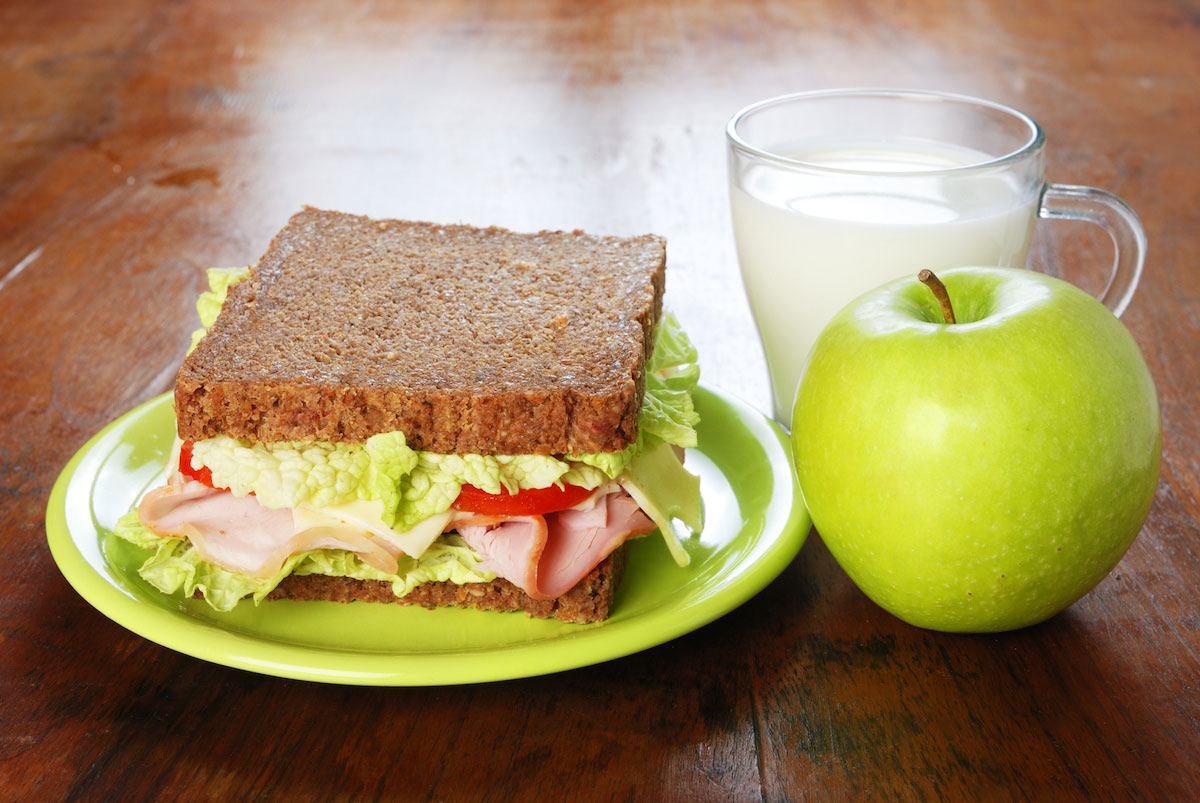<< Back
Here’s What You Should Eat Before, After Strenuous Exercise

September 06, 2019
Today is game day, the day you’ve been waiting for. You’re prepared, physically and mentally.
The last thing you’ve got to do is decide what to eat. And almost as important, perhaps, is when you’re going to eat. Too early and you get hungry in the middle of the competition. Too late and you’re running around on a full stomach.
Chris Barrett, Clinical Dietitian and Nutritionist at the Bone & Joint Institute at Hartford Hospital, explains how to find the right balance to ensure you are performing at your best.
For the average adult, daily calories should be composed of approximately 50 percent carbohydrates, 30 percent fat, and 20 percent protein. The athlete, on the other hand, has different needs due to the amount of activity during the day. The athlete’s daily calories should be about 65 percent carbohydrates, 20 percent fat and 15 percent protein. The amount of carbohydrates needed increases because they are used for intense exercise and prolonged endurance events.
If the competition is four or more hours away, you should be taking in all macronutrients — carbs, fats, and proteins. Complex carbs, like whole wheat, should be consumed over its counterpart (highly refined, processed foods). A good meal at this point would be a turkey sandwich on whole wheat bread, fruit and a dairy product.
If you only have two hours before competition, focus on complex carbs and proteins and limit the amount of fat. A mixture of low fat yogurt and cereal or a peanut butter and jelly sandwich on whole wheat bread would make a good snack.
If you only have an hour to work with, try eating some whole grain crackers, fruit, and sports drinks. These can even be consumed during the event. Bananas and pretzels, for example, would be a great snack because it contains the electrolytes sodium and potassium. Both are important in cellular function, and water balance inside the body.
Once the competition is over, try to eat something within 30 minutes and have a balanced meal within three hours. The best thing immediately after activity is a mixture of protein and carbs. The carbs help replace the energy and the protein will help repair muscle tissue damaged during activity. A perfect example of this would be chocolate milk.
Hydration is a key to success. Water is necessary for many body functions, including energy production, cellular function and temperature control. How many ounces of water should you consume during the day? A good rule of thumb is to take your body weight in pounds and divide that in half.
For athletic participation, try drinking three glasses of water every three hours before competition, then another 8 ounces 20 minutes before hand. Drinking 8 ounces of water every 20 minutes during competition will help to avoid the cramping and fatigue of dehydration.
Once the competition is over, it’s important to replace what you’ve lost. For every pound of weight that’s lost, it’s recommended that you replace it with 16 ounces of water. This is especially important in the summer when temperatures and humidity are high and the body is most susceptible to heat illness.
For more information about the services Hartford HealthCare offers to athletes of all levels, visit mysportshealth.org.